To provide the best experiences, we use technologies like cookies to store and/or access device information. Consenting to these technologies will allow us to process data such as browsing behaviour or unique IDs on this site. Not consenting or withdrawing consent, may adversely affect certain features and functions.
The technical storage or access is strictly necessary for the legitimate purpose of enabling the use of a specific service explicitly requested by the subscriber or user, or for the sole purpose of carrying out the transmission of a communication over an electronic communications network.
The technical storage or access is necessary for the legitimate purpose of storing preferences that are not requested by the subscriber or user.
The technical storage or access that is used exclusively for statistical purposes.
The technical storage or access that is used exclusively for anonymous statistical purposes. Without a subpoena, voluntary compliance on the part of your Internet Service Provider, or additional records from a third party, information stored or retrieved for this purpose alone cannot usually be used to identify you.
The technical storage or access is required to create user profiles to send advertising, or to track the user on a website or across several websites for similar marketing purposes.









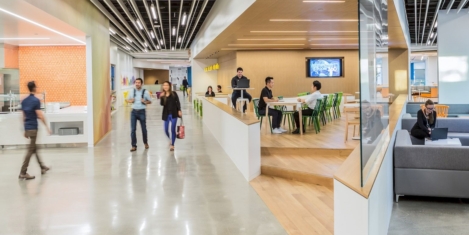
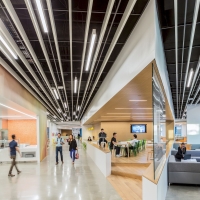

 Earlier this month the
Earlier this month the 


 New research by
New research by 
 As lockdown starts to lift, more people are having to think about going back to work as normal. That means commutes, offices, cafeterias, and face to face meetings.
As lockdown starts to lift, more people are having to think about going back to work as normal. That means commutes, offices, cafeterias, and face to face meetings. 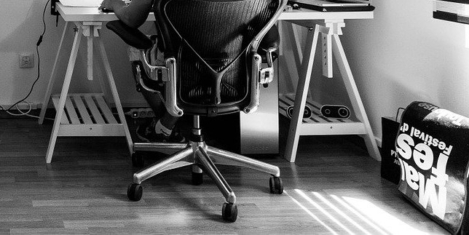
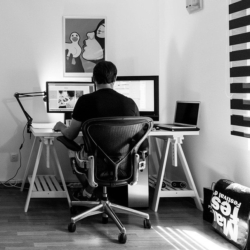 Research commissioned by
Research commissioned by 
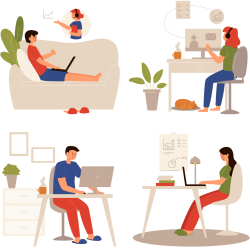

 As April is
As April is 
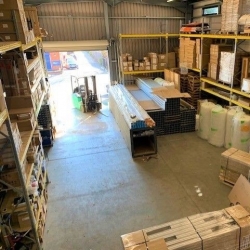
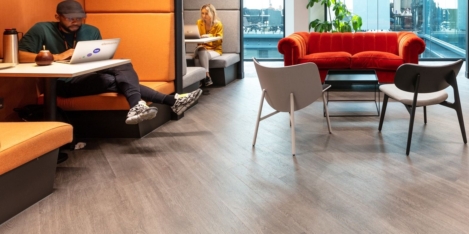
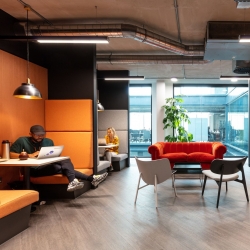 Hybrid working runs the risk of becoming a blanket term, interpreted on a very surface level, when it has the potential to offer a much greater opportunity for businesses to open up and re-examine the culture and experience of their staff, alongside where they want to take their business in the future, as well as fast-tracking mental health and wellbeing to play a central role in workplace strategy.
Hybrid working runs the risk of becoming a blanket term, interpreted on a very surface level, when it has the potential to offer a much greater opportunity for businesses to open up and re-examine the culture and experience of their staff, alongside where they want to take their business in the future, as well as fast-tracking mental health and wellbeing to play a central role in workplace strategy. 








May 5, 2021
The future of work will see profound changes in the way firms engage with customers
by Yusdi Santoso • Comment, Technology